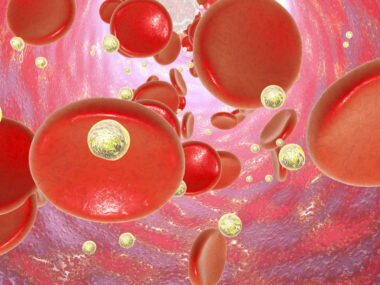Global Genes, Diversity Coalition Team Up to Advance Health Equity
Written by |

Global Genes has partnered with the Rare Disease Diversity Coalition (RDDC) to advance health equity for rare disease patients and caregivers in underrepresented communities of color.
“For rare disease patients, there are many challenges — and for people of color with a rare disease, these challenges are compounded by systemic barriers to timely diagnosis and effective therapeutics,” Linda Blount, president and CEO of the Black Women’s Health Imperative (BWHI), said in a press release.
The BWHI is a nonprofit organization focused on advancing health equity for Black women. In 2020, it launched the RDDC to advocate for evidence-based solutions to racial and ethnic disparities in rare disease communities.
“Through this partnership with Global Genes, we aim to bring awareness and context to what those challenges are and take steps with the entire rare disease community and others to address them,” Blount said.
Global Genes and the RDDC will collaborate on three projects.
They will jointly host the RARE Health Equity Summit, to be held Nov. 17–19 in Philadelphia. The event will gather rare disease stakeholders and promote discussions about: the challenges faced by underserved/underrepresented patient communities in getting proper diagnoses, ways to reduce racial disparities in healthcare, and the need to create research programs that better include minority patients (more inclusive research programs).
The two nonprofits will also collaborate on the RARE Data & Evidence Inclusiveness Initiative. This data-gathering/sharing project seeks to detail the experiences of rare disease patients of color, tracking diagnosis, care, and treatment outcomes. It will monitor trends and improvements in care outcomes over time.
The third project, called Know Your Family History Initiative, hopes to raise awareness about the importance of knowing one’s family medical history. The 18-month project in patient engagement, education, and data collection and sharing will highlight challenges in receiving an accurate diagnosis. This initiative will help support greater access to research and appropriate care for minority patients with rare diseases.
Patients of color are underrepresented in diagnostic efforts, genome-wide association studies, and clinical research trials, which leads to a lack of insight on effective treatments for these minority groups, according to the two nonprofits.
“We have a unique opportunity to help level the playing field in rare disease,” said Craig Martin, CEO of Global Genes.
“First, we must identify and shine a light on areas where our approaches to diagnosis, research, drug development, treatment and patient engagement are leaving out communities of color and other underserved populations,” Martin added. “Then we must work together as a community to reach out, break down barriers, embrace and include those who’ve been left out, and collaborate to ensure other key stakeholders do the same.”
More than 400 million people around the world are affected by rare diseases, according to the organization.


